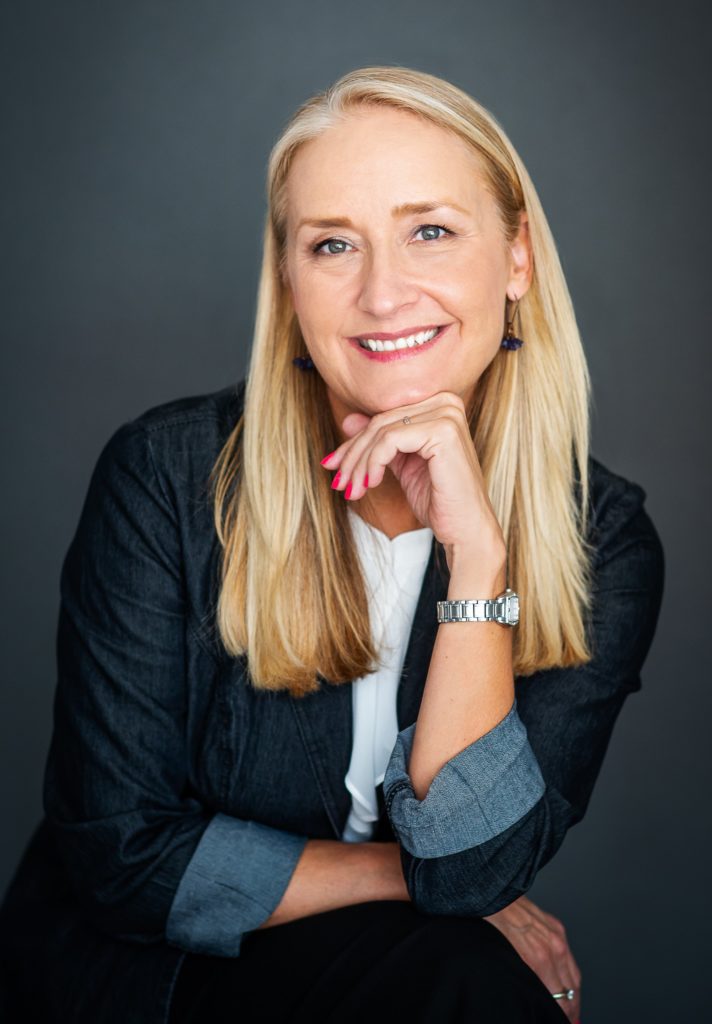We occasionally feature our members (Fellows) so that you can learn more about them, Collaborative divorce, and our organization.
Name: Margaret Zuleger
Profession: Attorney
What drew you to become a Collaborative Divorce Professional?
When I knew I was going to divorce, I learned about the Collaborative Divorce option and decided that it would be the best process for my family and me. My husband agreed, and it worked for us. At the same time, although I had been an attorney since 1992, I had been out of the paid work force for a while, and knew that I would be going back to practice full time. I decided that I’d go into Family Law (a new area for me at the time) and help others through what I had (successfully) been through, with an emphasis on Collaborative Divorce. That was 2008 and I’m still finding satisfaction in helping people through the divorce process.
What tips do you have for couples considering divorce?
If you find that you are going to divorce, conduct yourself during the divorce with a vision of your child’s wedding in mind. Or his or her first baby, and the two of you as first-time grandparents. Know that while you are not going to be spouses anymore, you will always be parents together. How you each behave during the divorce will impact your children forever. Give them the gift of a peaceful coexistence.
What kind of training did you receive as a Collaborative professional?
I took the Interdisciplinary Basic Training that teaches attorneys, mental health professionals and financial neutrals the Collaborative Divorce method. My training has continued as I have been part of the Basic Training teaching faculty for the last 10 years. Plus, each of the Fellows on the Collaborative Divorce Illinois website attends yearly continuing education trainings to maintain our membership. Keeps us on our toes! Actually, the continuing ed trainings are both educational and fun because the other Collaborative Divorce professionals in attendance tend to be really great people.
What is the difference between a Collaborative Divorce and a cooperative divorce?
In a Collaborative Divorce, if the collaborative process ends (i.e., fails), then the Collaborative attorneys are disqualified from representing their former clients in court. The couple has to start over and get new attorneys. In a “cooperative divorce,” there is no disqualification. The benefit of having a disqualification provision is that the settlement discussions stay more peaceful and productive when the attorneys know that they cannot become the litigators in the case. We don’t threaten litigation because that means the case is over and our clients have lost the opportunity to have the best divorce experience possible.
What happens in the event that my Collaborative Divorce process fails for some reason?
Then if you still want to get divorced, you need to start over in court, getting a new attorney when you do so because your Collaborative attorney is disqualified from representing you in a future litigated divorce. This is a sad state of affairs when it happens, but luckily it doesn’t happen often. As Collaborative Divorce professionals, we try to screen for appropriate Collaborative cases, and not start a Collaborative case if we don’t think we can successfully complete it for our clients. Still, if just one of the participants does not act in good faith, the process can break down.
Margaret Zuleger
847-920-7732

